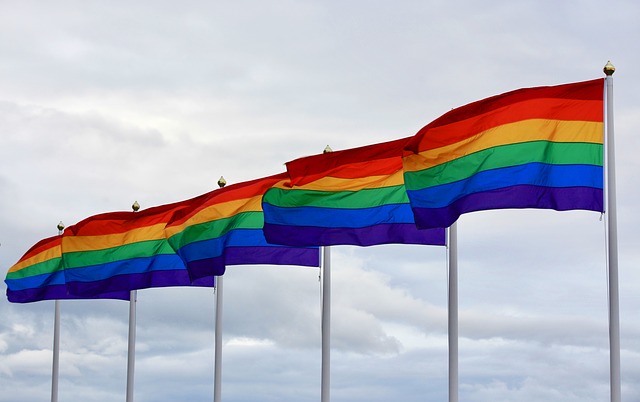French pensions to be tied to inflation in July, labour minister says
French pensions are to be tied to inflation from this summer in an effort to increase retirees spending power, France’s labour minister Olivier Dussopt has said. “What we want is for this inflation indexation to be valid from July,” he told RTL on Tuesday (May 24). Inflation in France reached 4.8% year-on-year in April, and could rise to 5.4% in June, the national statistics bureau Insee states. “If we take into account an inflation of 4%, for example, for a pension of...










